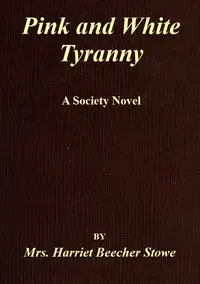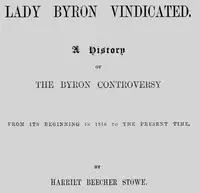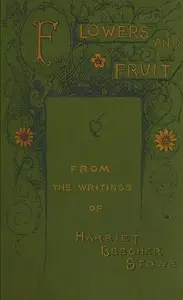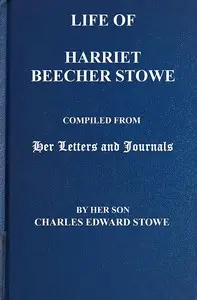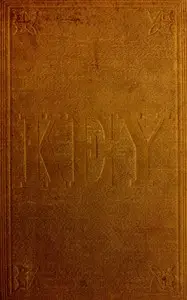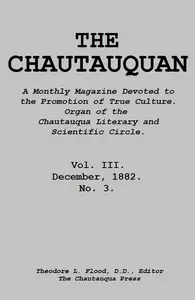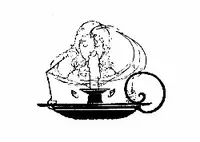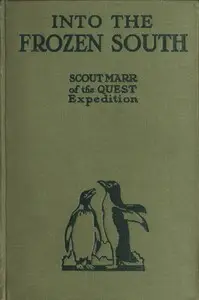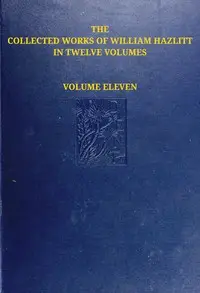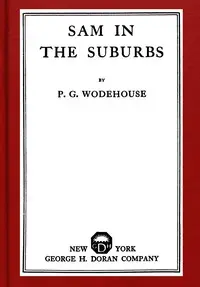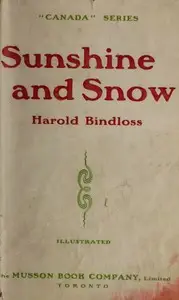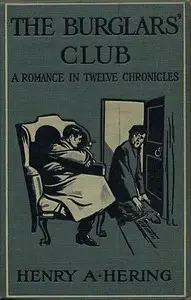"Oldtown Fireside Stories" by Harriet Beecher Stowe is a collection of short stories written in the late 19th century. Set in early Massachusetts, the book captures the warmth and charm of traditional storytelling around the hearth, weaving together tales filled with local legends, supernatural elements, and moral lessons. The opening stories are narrated by Sam Lawson, an engaging storyteller, who recaptures the essence of community life and the mystical charm of the region, as he recounts eerie and heartwarming tales to captivated children. The beginning of "Oldtown Fireside Stories" introduces us to the cozy setting of a winter evening in Oldtown, where children gather around Sam Lawson, a skilled storyteller, eager for tales to dispel the long, dark hours. The atmosphere is filled with the crackling of the fire and the youth's innocent curiosity about strange occurrences from the past. The first story, "The Ghost in the Mill," unfolds a mysterious event involving Captain Eb Sawin, who, lost in a snowstorm, seeks refuge in an old mill, only to encounter unsettling revelations related to a long-vanished peddler named Jehiel Lommedieu. The opening portion sets the stage for a blend of mystery, local folklore, and storytelling that promises to draw the reader deeper into the rich tapestry of Oldtown's history and culture. (This is an automatically generated summary.)
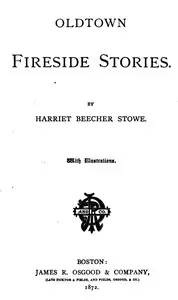
Oldtown Fireside Stories
By Harriet Beecher Stowe
"Oldtown Fireside Stories" by Harriet Beecher Stowe is a collection of short stories written in the late 19th century. Set in early Massachusetts, the...
Harriet Elisabeth Beecher Stowe was an American author and abolitionist. She came from the religious Beecher family and wrote the popular novel Uncle Tom's Cabin (1852), which depicts the harsh conditions experienced by enslaved African Americans. The book reached an audience of millions as a novel and play, and became influential in the United States and in Great Britain, energizing anti-slavery forces in the American North, while provoking widespread anger in the South. Stowe wrote 30 books, including novels, three travel memoirs, and collections of articles and letters. She was influential both for her writings as well as for her public stances and debates on social issues of the day.

